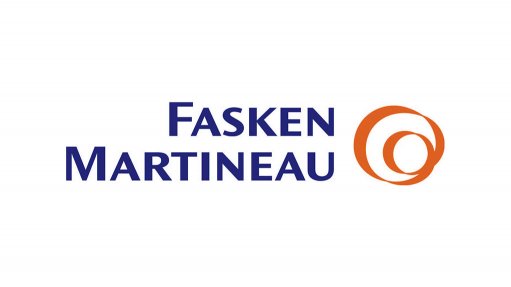
Recently, the proposed introduction of a national minimum wage has gained momentum as a means of closing the current wage gap in the country and decreasing the rate of poverty. In August 2016, Deputy President Cyril Ramaphosa appointed a panel to advise the National Economic Development Council (NEDLAC) on an appropriate level at which the national minimum wage should be set. NEDLAC comprises representatives from government, labour, business and community and focuses on reaching consensus on issues of social and economic policy.
Historically, South African law has not made any provision for a national minimum wage. Rather, minimum rates of remuneration have been set through sectoral determinations by the Minister of Labour in accordance with the Basic Conditions of Employment Act, 1997 (BCEA). These sectorial determinations differ from a national minimum wage in that sectorial determinations only apply to certain sectors of industry whilst a national minimum wage refers to the baseline amount which employers must pay employees across all sectors in the country.
On 20 November 2016, the panel presented the draft report on the implementation of a national minimum wage to NEDLAC. The report deals with a number of issues regarding the implementation of the national minimum wage including the recommended amounts, future adjustments to the set amounts and institutional arrangements for the implementation of the national minimum wage.
The key recommendation in the report is that the national minimum wage should be based on a 40-hour work week and should be set as follows:
- R3500 a month; or
- R800 per week; or
- R20 per hour.
In addition the report also contains the following recommendations:
- A two year period of adjustment to monitor the effects of the national minimum wage and to minimise the risks of negative impacts on employment. During this period compliance should be achieved through technical assistance and persuasion and no fines should be imposed for non-compliance.
- An additional grace period until 2021 in relation to non-compliance with the national minimum wage for small businesses.
- A temporary exemption application process for firms or industries facing economic hardship.
- A permanent exemption for own account workers and paid or unpaid family workers in informal enterprises.
- A transitional phasing- in period of a maximum period of the national minimum wage in relation to farm workers and domestic workers. In this regard it is recommended that in in 2017 only 90% of the national minimum wage should be implemented for farmworkers and 75% for domestic workers, with a further increase being subject to the evidence of the impact of the initial increase.
It is important to note the recommendations in the report are not cast in stone as yet and may be subject to further changes. The next step now that the report has been presented is for the NEDLAC constituents to be given an opportunity to deliberate the recommendations contained in the report. The panel has proposed that the deliberation process be completed during the course of December 2016 with the aim of finalising the process so that legislation may be enacted around July 2017. There will then be a transitional period of two years, until 2019, before the legislation takes full effect with fines being enforced for non-compliance.
These recommendations have garnered mixed reactions. Whilst some organisations such as the governing party have welcomed the recommendations, some unions have raised concerns that the recommended amounts are insufficient to address the concerns of already impoverished workers. Business has also criticised the recommendations, suggesting the amounts should be lower as companies may not be able to afford the proposed amounts and that this may lead to job losses.
Written by Melanie Kirsten Hart & Neo Malahlela, Fasken Martineau